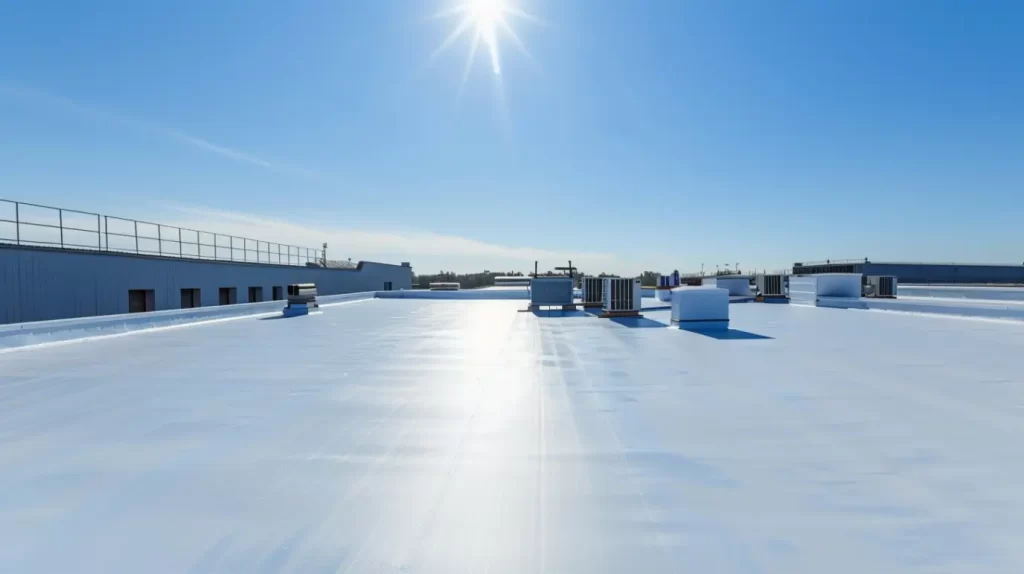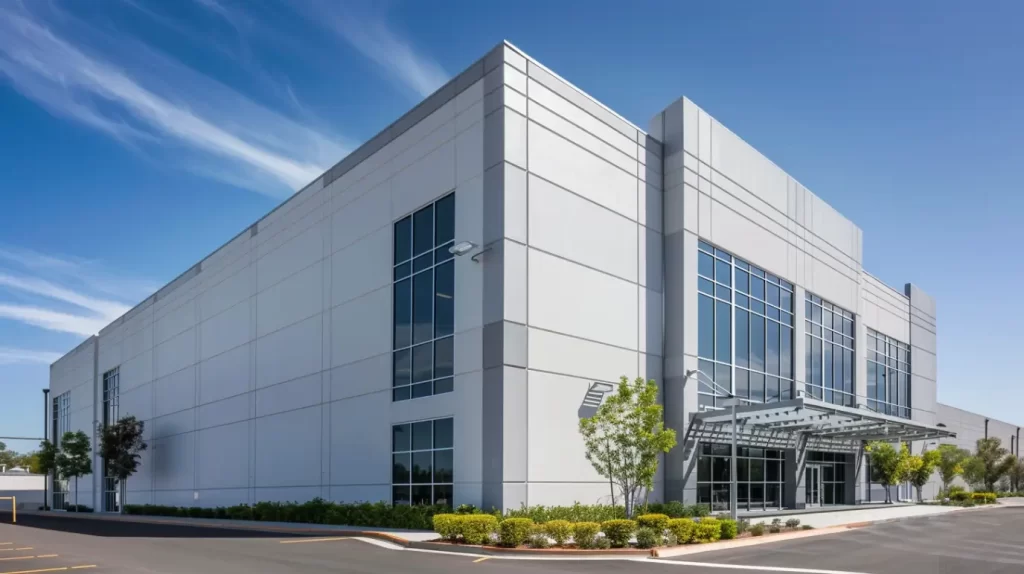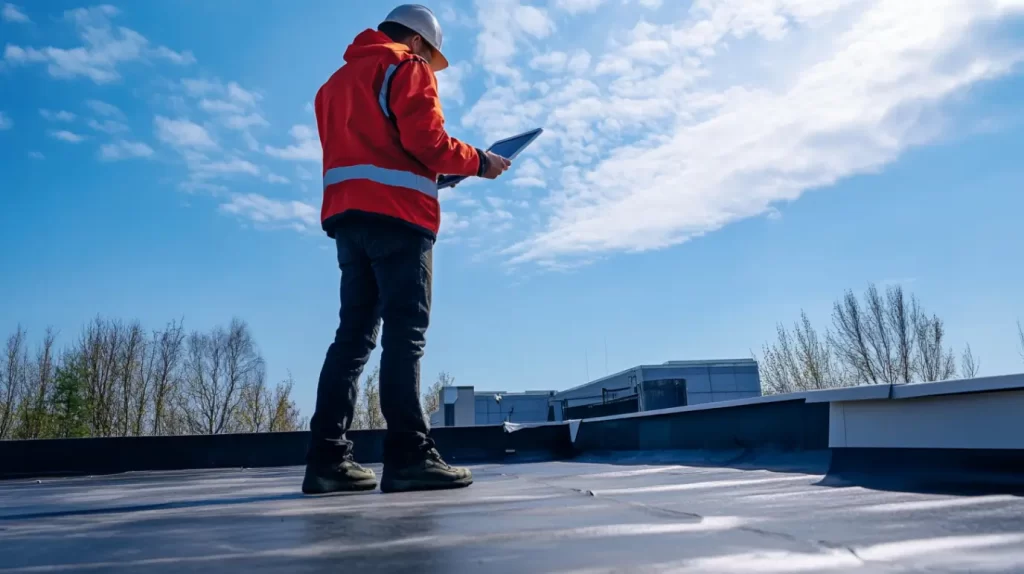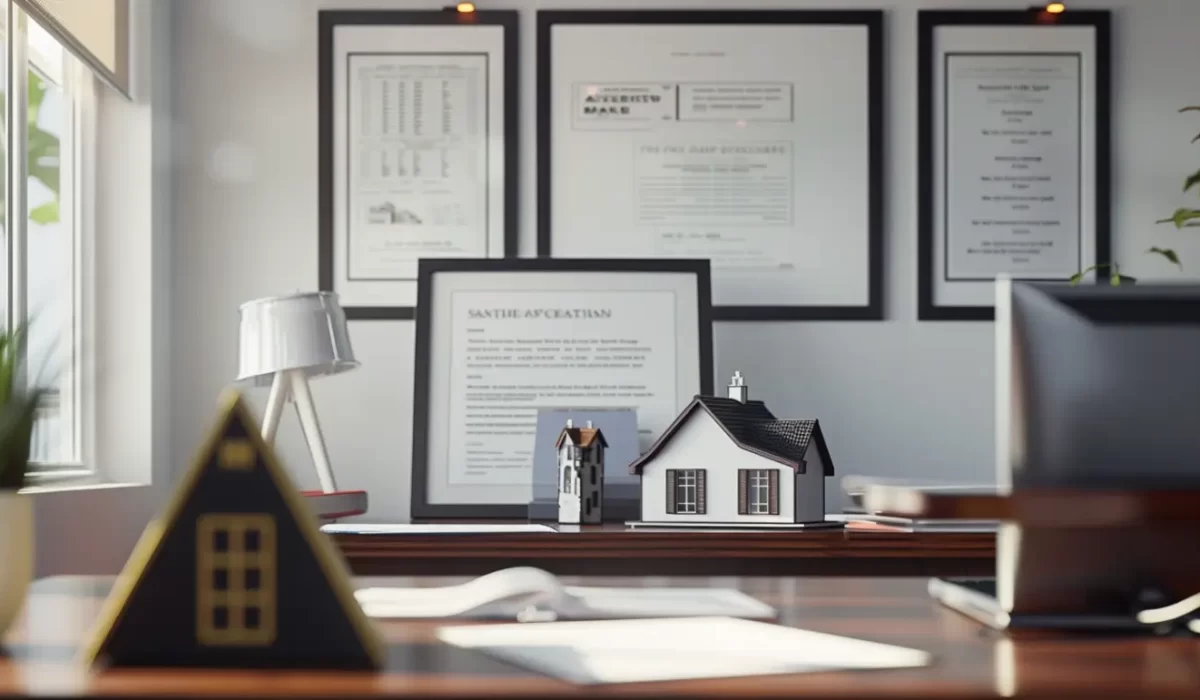Roofing warranties offer property managers an extra layer of security when managing commercial properties. With the right coverage, such as those provided by Fontaine Roofing in Orange County, CA, you can address potential issues in your roofing system while protecting your budget. Understanding how these warranties work is crucial for minimizing unexpected expenses and ensuring long-term durability. Reliable roofing warranties are not just about documents—they bring real peace of mind, knowing your investment is protected against defects and installation errors. For property managers, this knowledge is a foundation for confident, stress-free property management.
The Importance of Roof Warranties for Property Managers
Roof warranties are a core safeguard for property owners, delivering crucial peace of mind and financial protection. Property managers who oversee multiple assets must ensure every roofing investment is secured. By grasping the specifics of roof warranty terms, you’ll prevent costly surprises and make smarter decisions for your properties.
Why is understanding roof warranties important for property managers? In Orange County’s unpredictable climate, knowing exactly what your warranty covers enables you to respond quickly if issues arise—protecting your property value and ensuring tenant satisfaction.
Contact Us
How Warranties Protect Your Commercial Roofing Investment
Investing in commercial roofing provides a solid warranty, your first line of defense against material defects or installation errors. If leaks occur during the warranty period, it covers necessary repairs or replacements, preventing unexpected costs that could disrupt your budget. Roofing warranties also significantly boost your project’s value, demonstrating to tenants and owners that you prioritize building integrity and reliability. Ultimately, warranties offer peace of mind for you and your occupants, allowing you to manage your property effectively without the stress of surprise repairs that could impact tenant satisfaction and retention.
Why Understanding Warranty Terms Matters for HOAs and Property Management
Clarity around warranty terms greatly impacts property management and HOA decisions. Different roofing warranties, like manufacturer’s and workmanship warranties, offer distinct protections against material defects and installation errors. Understanding these differences enables property managers to make informed choices when selecting contractors or negotiating coverage.
Additionally, knowing warranty terms aids in navigating complex claims processes. A lack of understanding can lead to costly disputes or claim denials, especially during severe weather events. Regular roof maintenance and inspections help ensure compliance with warranty requirements, preserving property value, extending roof lifespan, and reducing the risk of unexpected replacement costs.

Main Types of Roof Warranties Explained
There are several types of warranties property managers should be aware of, each offering different protections. The two most common are manufacturer’s warranties, which cover roofing materials, and contractor’s warranties, which cover workmanship. Some projects also qualify for system or full coverage warranties, which combine both types for comprehensive protection.
What are the main types of roof warranties that property managers should be aware of, and how do they differ? Knowing these differences helps ensure you select the right coverage to match your property’s unique needs, reducing risk in the long run.
Manufacturer (Material) Warranties vs. Contractor (Workmanship) Warranties
Understanding the distinctions between manufacturer warranties and contractor warranties is essential for effective property management. Manufacturer warranties cover specific roofing materials and their performance, protecting against material defects for a specified period. In contrast, contractor warranties focus on the workmanship involved in installation, ensuring that the roofing system is correctly installed and offers peace of mind against improper installation. Both warranty types contribute to the overall durability and longevity of a roofing project, providing valuable protection for property owners and their investments.
System/Full Coverage Warranties and Their Benefits
Comprehensive warranties provide robust protection for property managers, covering both material defects and workmanship errors. They safeguard against issues that may arise during the roof’s lifespan, reducing costs related to repairs or replacements due to installation mistakes or material failures. Property owners gain peace of mind, knowing their investment is secure against extreme weather and natural events.
These warranties often offer more flexibility than limited ones, allowing managers to depend on contractors to uphold roofing integrity and enhance system longevity. Investing in comprehensive warranties reflects proactive risk management in commercial roofing.

Key Terms and Conditions to Watch Out For
Reading warranty fine print is crucial for property managers. Key details include coverage periods, proration schedules, and exclusions. Some warranties reduce coverage as roofs age or require ongoing maintenance to remain valid. Property managers should pay attention to transferability clauses, maintenance requirements, and the language outlining triggers or voids in coverage. Be mindful of repair limitations and specific claims processes. Understanding these terms will help you avoid unexpected costs that could impact your budget and management strategy.
What’s Typically Covered and What’s Not
Property managers must understand roofing warranties to oversee commercial investments effectively. Manufacturer’s warranties typically cover material defects in products like asphalt shingles, while workmanship warranties address installation issues. However, these may not cover damage from external factors such as natural disasters or lack of maintenance.
Most warranties include specific conditions in the fine print, detailing repairs that may incur costs not covered by the warranty. For example, damages from poor installation or severe weather events could be excluded. Grasping these details helps property managers maintain roofing systems and ensures peace of mind.
Transferability, Proration, and Limitations
Some roofing warranties have provisions that significantly affect property managers’ rights and obligations. Transferability allows a warranty to be reassigned to new owners, adding value during property transactions and providing peace of mind for buyers who benefit from existing coverage.
However, proration schedules may reduce coverage over time, especially in long-term warranties. Additionally, certain damages, like those from extreme weather or improper installation, may be excluded. Understanding these details is essential for property managers to ensure compliance and protect their investments in commercial roofing systems. Being aware of warranty terms can facilitate efficient claims processing.

Common Exclusions in Roof Warranties
Roof warranty exclusions are standard in the industry and can significantly affect property managers. Most warranties do not cover damage from external factors like severe weather, earthquakes, or vandalism. These exclusions may leave property managers facing unexpected expenses during a claim for issues outside warranty coverage. What common exclusions exist that could impact claims? Understanding these exceptions helps set realistic expectations and allows for better budgeting for repairs not covered by warranties, potentially saving you from financial strain.
Damage from Improper Maintenance or Repairs
Neglecting regular roof maintenance can cause significant damage and compromise your roofing system’s integrity. Many property managers underestimate its importance, often ignoring warranty guidelines, which can void warranties and increase installation errors.
Routine inspections are essential for identifying potential issues before they become costly repairs. Hiring a certified contractor familiar with industry standards ensures proper maintenance, protecting against natural elements and material defects. By prioritizing comprehensive maintenance strategies, property managers can safeguard their assets and extend their roofs’ lifespan while maintaining warranty coverage.
Weather, Acts of God, and Other Standard Exclusions
Weather-related incidents can significantly impact roofing warranties, as most documents exclude damages from extreme events like hurricanes or tornadoes. Property managers should recognize that warranties provide valuable protection but are not a comprehensive safety net.
It’s also crucial to understand how standard exclusions affect roofing investments. Issues like improper installation or lack of maintenance can void warranty coverage. Knowing these exclusions protects property owners from unexpected liabilities and aids in choosing the right contractor. A proactive approach ensures continued coverage and compliance with industry standards throughout the warranty period.

Maximizing the Value of Your Roofing Warranty
To get the most from your roofing warranty, remain proactive about warranty coverage and compliance. Schedule routine inspections, address minor issues before they escalate, and keep up with required documentation. Taking these steps maximizes value in the long run, helping you avoid expensive surprises.
How can property managers maximize the value and protection offered by a roof warranty? By actively maintaining the roofing system and leveraging expert contractors like Fontaine Roofing, you’ll ensure your warranty delivers reliable, lasting peace of mind.
How to File a Claim and Handle Disputes
Filing a roofing warranty claim can be overwhelming, but understanding the process simplifies it. Start by gathering all relevant warranty documents to ensure your claim aligns with the terms. Include clear evidence of installation quality, maintenance records, and necessary repairs to support your claim’s validity, increasing approval chances and minimizing disputes.
In case of disputes, maintain clear communication with your roofing contractor and manufacturer. Always review the fine print of your warranty to understand your rights and obligations. If disagreements persist, consider consulting a roofing expert or mediation service for guidance.
Tips for Extending Coverage and Enhancing Protection
Extending your roofing warranty protects your investment, while hiring a certified contractor ensures compliance with manufacturer standards. As a GAF Master Elite and CertainTeed Shingle Master Contractor, we provide exceptional service. Regular inspections identify potential issues early, prolonging your roof’s lifespan and warranty. An extended warranty is particularly advantageous for commercial roofs exposed to severe weather or heavy use. Our Polyglass Preferred Contractor and FiberTite approved applicator status highlights our commitment to excellence. Maintaining detailed warranty documents and repair records strengthens claims during disputes. As TRI-certified members of CACM, CAI, and NRCA, we enhance warranty protection.
Connect With Us
In conclusion, understanding roof warranties is essential for property managers to protect their significant commercial roofing investments effectively. A well-informed approach not only enables navigation of the often complex warranty terms but also ensures long-term protection against potential damages and costly repairs. By gaining insight into various warranty types, key industry terms, and necessary maintenance requirements, property managers can maximize the overall value of their roofing solutions. Additionally, conducting routine inspections and maintaining proper documentation are crucial steps for ensuring compliance and adequate coverage. For personalized guidance tailored to your specific roofing needs, contact Fontaine Roofing in Orange County, CA today.
Read our blog: How Roof Age Impacts HOA Insurance Premiums
Frequently Asked Questions
How do I determine if my roofing issue is covered under warranty?
To check warranty coverage, review your warranty documents and identify the type of warranty you have. Compare the roofing issue against covered events, such as material defects or installation errors, and check for any listed exclusions or special conditions related to your roofing materials and project.
What voids a roofing warranty?
A roofing warranty can be voided by improper installation, unauthorized repairs, lack of regular maintenance, or using non-certified contractors. Always follow your warranty documents, perform scheduled maintenance, and address installation errors promptly to keep coverage valid throughout the warranty period.

